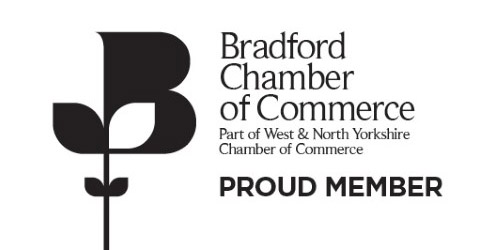Know your clients to avoid penalties
I was recently at an event speaking about anti- money laundering legislation. As my attentive audience sat eagerly taking notes, one delegate raised her hand to ask about client verification, and the how’s of doing it correctly. Silence struck the room quite quickly as the realisation hit all the delegates – this was something they needed to consider and manage effectively. It sounds straight forward but get it wrong or miss something and the penalties to your business can be steep.
The easiest, cost effective option, by which to verify your clients is E- verification. Nowadays E-verification is a viable option used by many corporate firms that are looking to streamline an already complex process, and can be used as a tool to verify identification provided. Having said that, it’s important to remember that additional, non- electronic checks, may need to be conducted, simply to prove that the person in front of you is who they say they are!
Using E-verification is becoming increasingly important, especially as the new regulations stipulate domestic PEP checks are required. The market is bombarded with variations of what is available, some offering standard checks and others offering basic packages with add-on’s depending on your firm’s risk appetite. To be sure you’ve covered it all, when choosing an AML provider, follow the tips below to enable you to choose the best provider.
An address verification service:
Verify the address that has been provided to you and confirm this is current
Document validation check:
Validate the passport or driving licence and confirm this is a Government issued document and not a fraudulent copy.
Mortality check:
Confirm the person exists and is not deceased, as you may be dealing with someone who is an impersonator adopting a different identity.
Politically exposed screening:
Any match, be it a domestic or an international PEP, associated persons or family, requires an enhanced due diligence check to be carried out, along with the assessment of any risks involved with appropriate internal MLRO approval.
Sanctions screening:
Check your match is an exact match by comparing the photograph provided (where available) to identity documents and that dates of births are consistent.
Negative news check:
Are there any CCJ’s registered or is your client linked to any fraud or bribery allegations or convictions?
Bank details validation/verification check:
Where bank details have been provided, check these are legitimate as any errors may cause further delay in rectifying issues with the bank later.
When running e-verification checks it would be good practice to ask your provider to confirm searches do not:
-
Affect the credit rating of the individual/corporate rating and;
-
There is an audit trail of all searches ran and;
-
The storage of such data is compliant with General Data Protection Regulation (“GDPR”)
As I have said, E-verification does not, on its own, fulfil the requirements of client due diligence. You should also consider:
What is the intended business relationship:
Don’t be afraid to confirm with the client the details of the work you are proposing to do for them and whether this is a one-off transaction or an ongoing business relationship.
Are source of funds consistent with the business:
Is a UK or an international bank used to process the transaction and where is the money due to come from?
Additional requirements
Consider any requirements for lenders to see physical identity documents to combat identify fraud.


